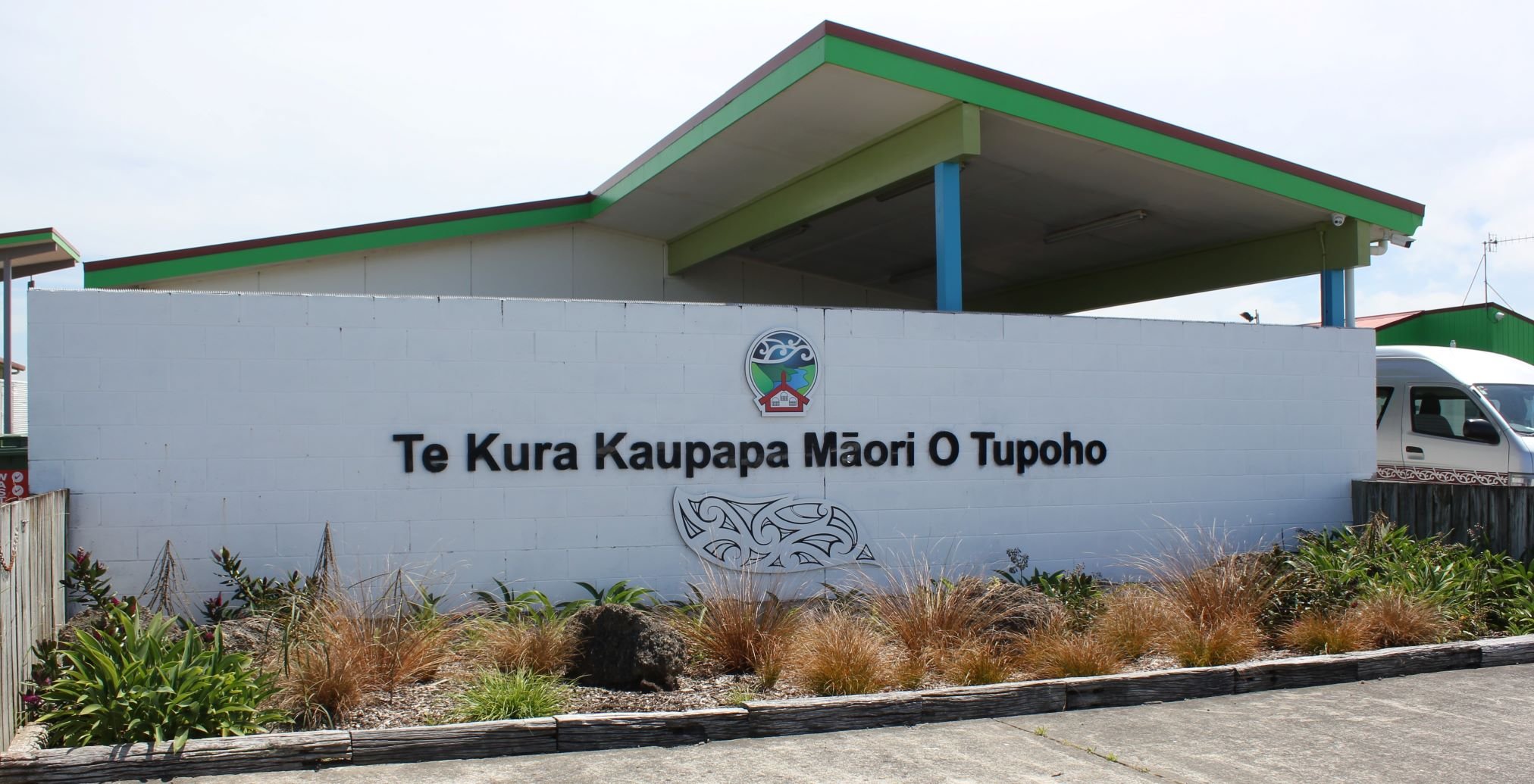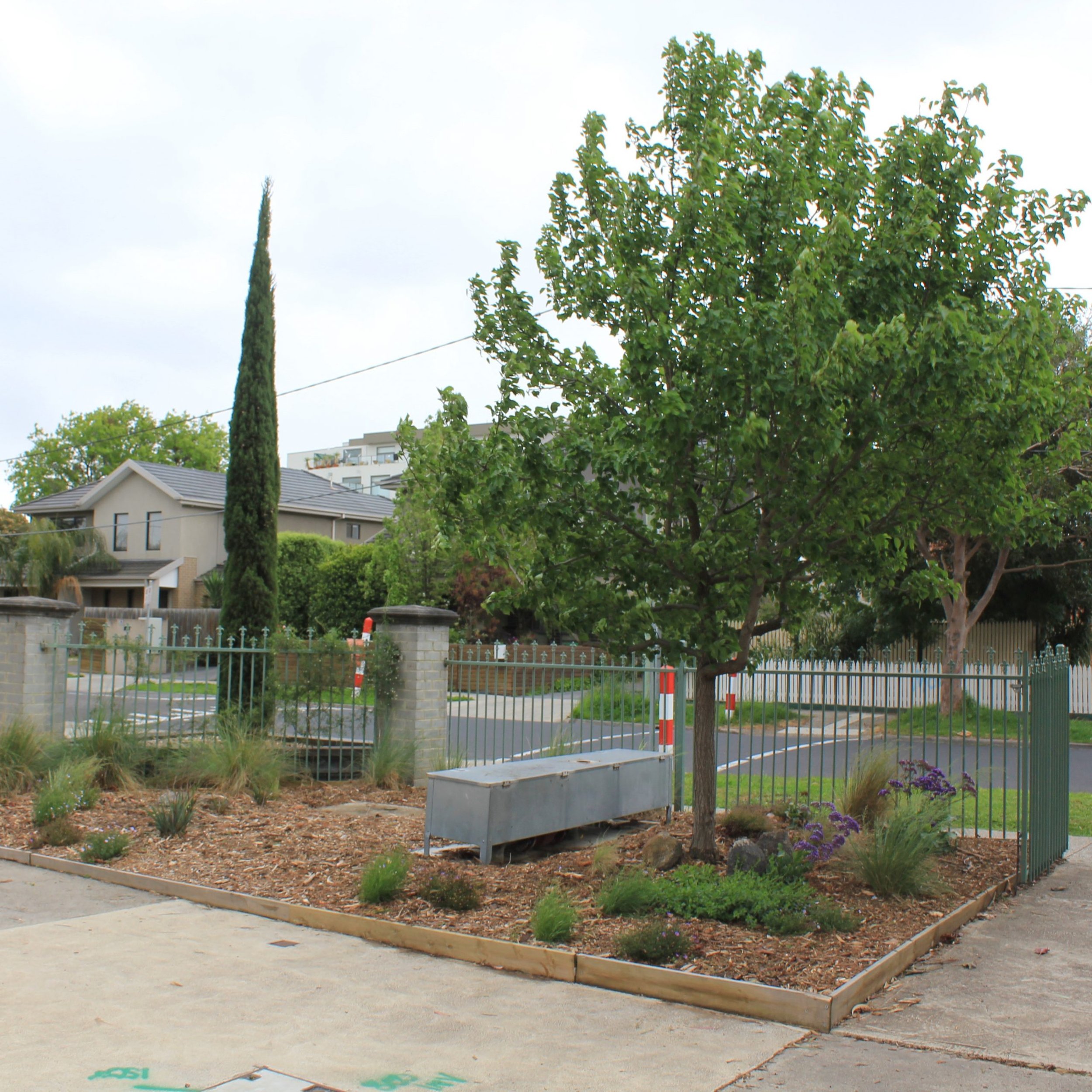Educational Gardens
Project gardens for environmental education and biodiversity.
Te Pae Maharahara - Te Kura Kaupapa Māori O Tupoho, Castlecliff Whanganui - started Sept 2021
Using Permaculture design we work with students and communities to create low-maintenance food, flower and habitat gardens as resources and outdoor learning areas.
Planting connects people directly to their landscape. When students can contribute creatively to their environment they take greater ownership and pride in their school. Gardens provide valuable habitats to observe, increase and monitor biodiversity. These areas contribute to staff and student wellbeing by providing beauty and respite from what can be highly stressful environments.
The design and construction of these gardens develop real-life literacy, numeracy and practical skills and can include all subjects; science, research, design, project planning, project management, construction, documentation and more.
-
The selection of a neglected on-site area.
An audit of current school practices and their future vision.
Development of a Permaculture plan which addresses the needs and the potential (existing resources) across the site.
Reducing, reusing and recycling all site waste streams (cardboard/paper and food waste into compost and worm farms etc).
Working with teachers to design and deliver projects/workshops anchored in curriculum.
The development of student research and observation skills, relating to native species, habitat and wildlife.
Collaborative design of food, flower, habitat and/or medicinal (Rōngoa) gardens.
Construction, planting and on going care of gardens with students.
Collaboration with students on the conceptual development and painting of murals. These art works act as visual learning aids and can relate to earth systems, climate, biodiversity and habitatDescription text goes here

Te Pae Maharahara -Garden of Remembrance Te Kura Kaupapa Māori O Tupoho - Castlecliff, Whanganui

Native Green Belt - Te Kura Kaupapa Māori O Tupoho, Castlecliff

Māra kai - Te Kura Kaupapa Māori o Tupoho Castlecliff, Whanganui

Matariki Entrance -Te Kura Kaupapa Māori o Tupoho - Castlecliff, Whanganui

Entrance - Te Kura Kaupapa Māori o Tupoho Castlecliff, Whanganui

Bean Fence - Te Kura Kaupapa Māori O Tupoho, Castlecliff

Native Habitat Garden- Pascoe Vale Girls College, Melbourne

Cactus and Succulent Garden - Pascoe Vale Girls College, Melbourne

Succulent Planter and Mural - Pascoe Vale Girls College, Melbourne

Yarraville Special Developmental School - Melbourne

Junior School Garden and Mural by Michael Fikaris - Pascoe Vale Girls College, Melbourne

The Sisters of Mercy Memorial Garden - Boroondara (Kew) Cemetery, Melbourne


